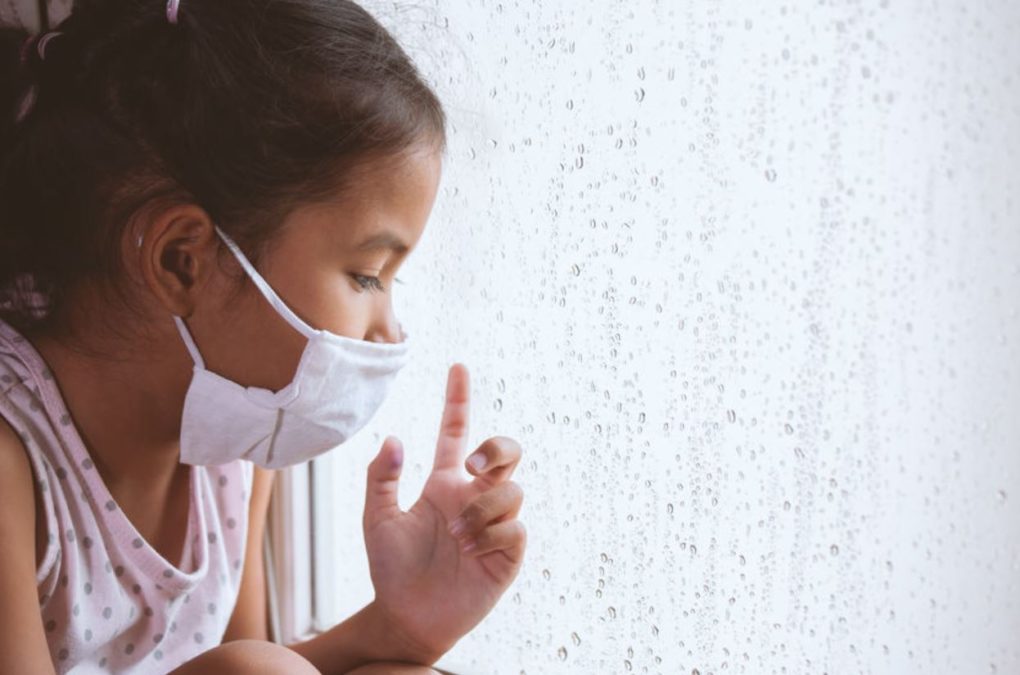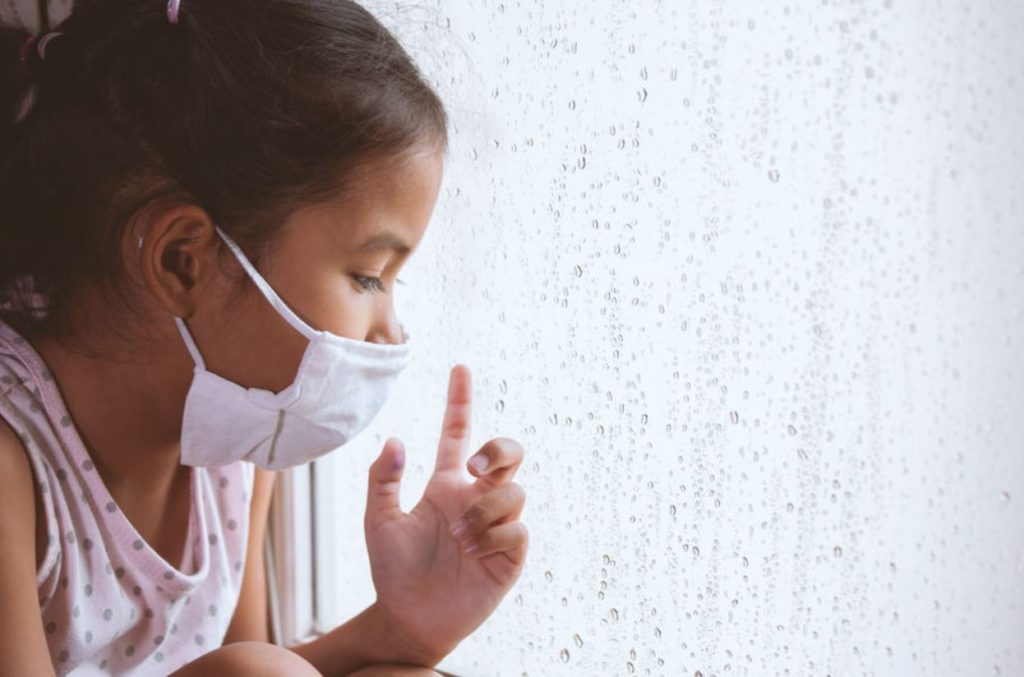Social Isolation Is Damaging an Entire Generation of Kids
I read an advice article at Slate recently where a mom of a nearly five-year-old daughter wrote in to express concern that her child hasn’t seen any friends in five months, since COVID-19 lockdowns began. She said:
Because of COVID, my husband and I have decided to skip [pre-K] altogether and teach her everything she needs to know before kindergarten ourselves. This doesn’t worry me academically, but I am concerned about her development and the loss of the social interaction she was going to experience.
The advice columnist responded that the mom shouldn’t worry about her child’s social isolation, saying:
She is part of a whole generation of quarantined 5-year-olds. It’ll take her a while to catch up once she reenters society, sure—but it’s going to take everyone a while.
Widget not in any sidebars
This resignation to ongoing government lockdowns, endless social distancing, mandatory mask orders, and travel restrictions—even as the virus wanes in the US—is damaging to our social and economic health, and may be particularly problematic for children who are separated from their peers.
While some evidence suggests that young people are faring well outside of forced schooling, with less school-induced stress and anxiety, the same research indicates that children and teens are missing their friends dearly. Social isolation seems to be taking a toll. With most large, urban school districts planning remote-learning only this fall, the isolation is likely to continue for many children—unless parents step in to alleviate this loneliness.
An article in The Wall Street Journal exposed the impact of pandemic-related social isolation on children and adolescents: “‘Of all age groups, this virus is probably more socially devastating to teens than any other group. They are bored and they are lonely,’ says Joseph P. Allen, a professor of psychology at the University of Virginia.”
Another recent Journal article reinforced these unintended consequences of the lockdowns and social distancing on adolescents, and particularly girls: “Adolescent girls already were experiencing record-high levels of loneliness, anxiety and depression before the pandemic, according to Mary Pipher, a clinical psychologist and author of Reviving Ophelia: Saving the Selves of Adolescent Girls… ‘All of the things that a year ago were increasing girls’ depression have been exacerbated by the pandemic,’ [said] Dr. Pipher.”
Kids Need Other Kids
Regardless of whether or not you think schools should reopen for in-person learning this fall, the reality is that kids need to be around other kids to play, socialize, and learn.
They don’t need this play, socializing, and learning to happen in schools.
In fact, they may find much more authentic, satisfying social play and learning outside of a conventional classroom. Peter Gray, research professor of psychology at Boston College, has written extensively on the importance of unstructured childhood social play for children’s health and well-being. In a June interview with NPR, Gray said:
Play is crucial to children’s development. And much of my research shows that over the last few decades, our children have been very play deprived. They spend so much time in school, so much time that homework after school, so much time in adult-directed activities which are not fully play — play is activity that children develop themselves — that children take control of themselves and their children learn to be independent and solve their own problems.
(To learn more about this, see Gray’s book Free to Learn: Why Unleashing the Instinct to Play Will Make Our Children Happier, More Self-Reliant, and Better Students for Life.)
If they were play-deprived prior to the pandemic, then many children may be more play-deprived now, as they have been cut-off from peers for nearly six months. Gray has documented the correlation between the decline in play and the rise in childhood and adolescent mental health disorders. This is something that is deeply concerning now as children, and especially adolescents, are even more distanced from their peers.
Source: FEE.org
Kerry McDonald is a Senior Education Fellow at FEE and author of Unschooled: Raising Curious, Well-Educated Children Outside the Conventional Classroom (Chicago Review Press, 2019). She is also an adjunct scholar at The Cato Institute and a regular Forbes contributor. Kerry has a B.A. in economics from Bowdoin College and an M.Ed. in education policy from Harvard University. She lives in Cambridge, Massachusetts with her husband and four children. You can sign up for her weekly newsletter on parenting and education here.
FREE PDF: 10 Best Books To Survive Food Shortages & Famines




